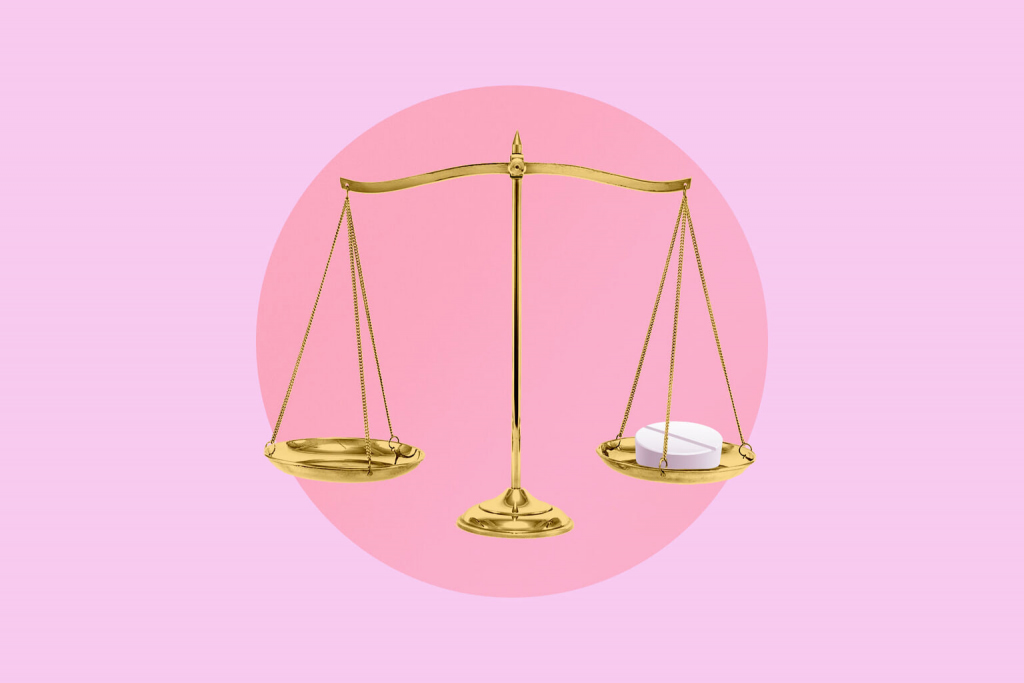On Monday, October 4, the committee review meeting to discuss the proposal for over-the-counter access to the emergency contraceptive pill (a.k.a. EC, or the morning-after pill) was held at the Japanese Ministry of Health and Labor. We wrote about the fight to get to that point, but that fight has now morphed and continues.
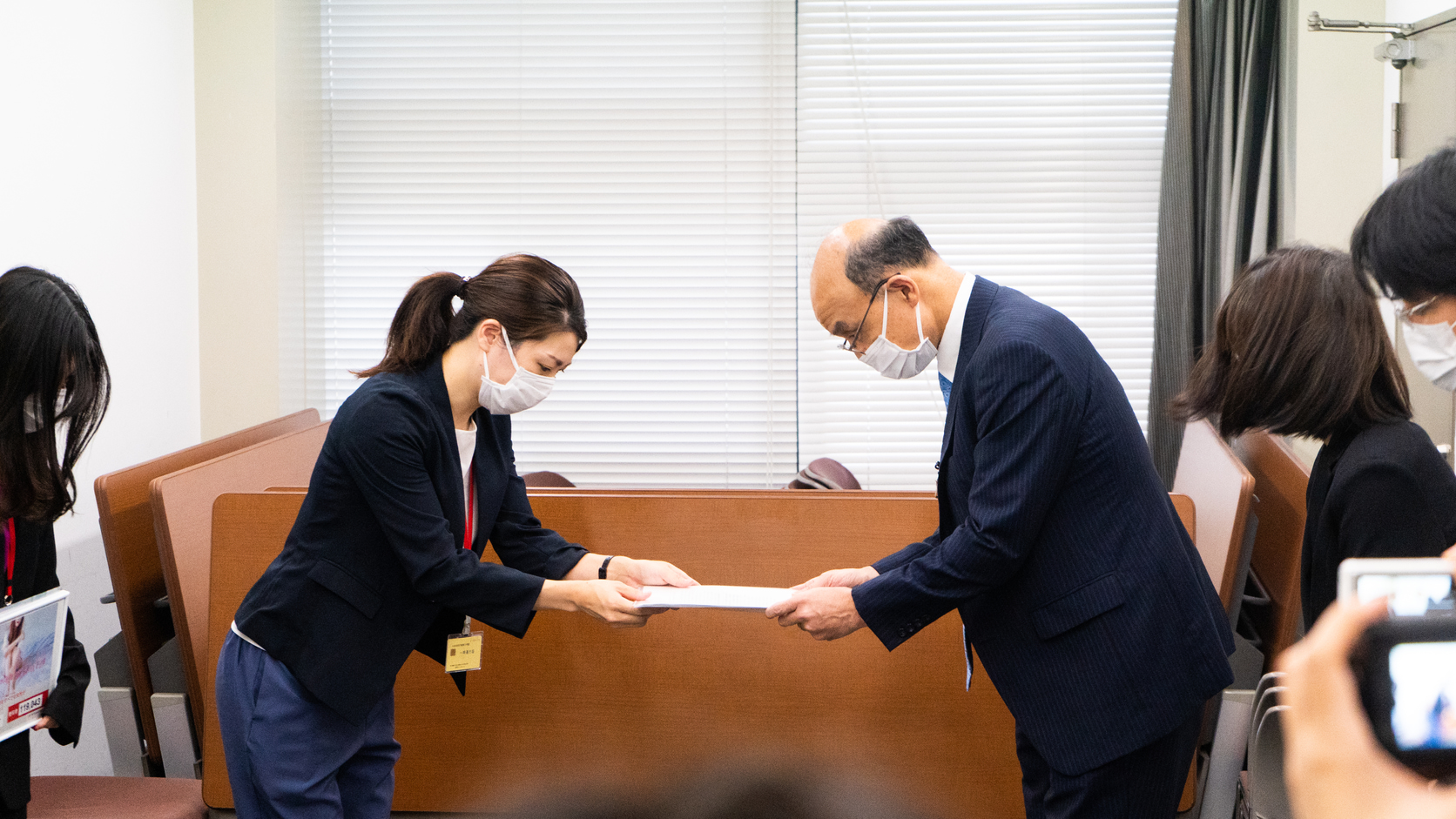
Asuka Someya, of NPO Pilcon and co-chair of the Citizen’s Project, formally submits OTC proposal to Ministry of Health and Labor representative
The Current Hurdles to Emergency Contraceptives in Japan
Currently, Japan requires a prescription for emergency contraceptives from doctors at clinics. In addition to the doctor consultation fee, the pills come at a steep price of ¥10,000 to ¥20,000. And in many cases, there’s an environment of shame regarding sexual health topics. Time is a major factor too. EC is most effective when taken within 72 hours of sexual activity and a doctor’s appointment is a big delay.
The morning-after pill is available over the counter in 90 countries around the world. The World Health Organization (WHO) advocates that EC is “essential and the right of all women and should be offered at an affordable price to everyone.” Japan stands alone as the only country in the G7 to not allow immediate access to emergency contraceptives and has a historical record of dragging its feet in the approval of the birth control pill. In fact, it took 44 years compared to just six months for Viagra.

The Ministry of Health and Labor Review Meetings: 2017 and 2021
At the committee review meeting held at the Ministry of Health and Labor in 2017, the proposal to make emergency contraceptives accessible over the counter was immediately denied. Since then, despite pushback from the Japanese government and conservative gynecologist groups, gender equality and sexual health experts have united, forming the Citizen’s Project. It’s a coalition movement that has been advocating for change. “This is about women’s rights,” says gynecologist Dr. Sakiko Enmi, co-chair of the movement.
On October 4, 2021, the Citizen’s Project’s proposal and petition, which now includes over 135,000 signatures, was delivered to the Ministry of Health & Labor. The review committee met, deliberated and announced that they had resolved to extend their discussion to a later date after they conduct more “overseas research.” The next review meeting has been set for February 2022, when the fate of over-the-counter access will be debated once again.
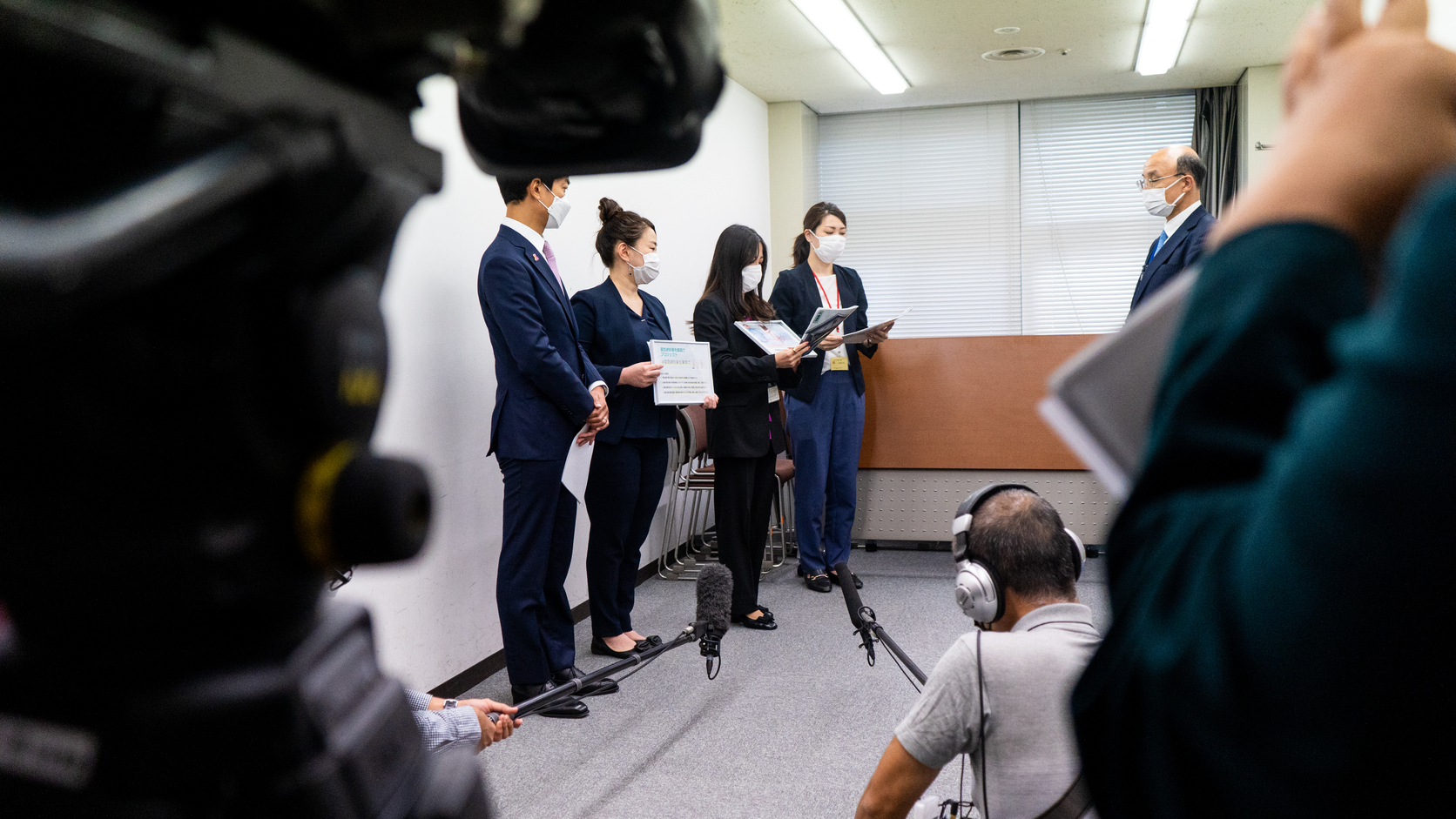
What Citizen’s Project Had to Say About the Delay
This delay came as a blow to the Citizen’s Project, other advocacy groups and the public, who had hoped to quickly and finally implement necessary change in Japan.
Throughout the meeting, the Citizen’s Project proposal brought to light the harrowing truth and the real consequences of limiting the availability to emergency contraception in Japan.
Asuka Someya, co-chair of the Citizen’s Project and submitter of the proposal to the Ministry of Health and Labor shared her personal story. “As someone who has experienced abortion, I wouldn’t have had to feel regret if we lived in an environment where emergency contraceptives were readily available. I feel my right to protect my body has been violated.”
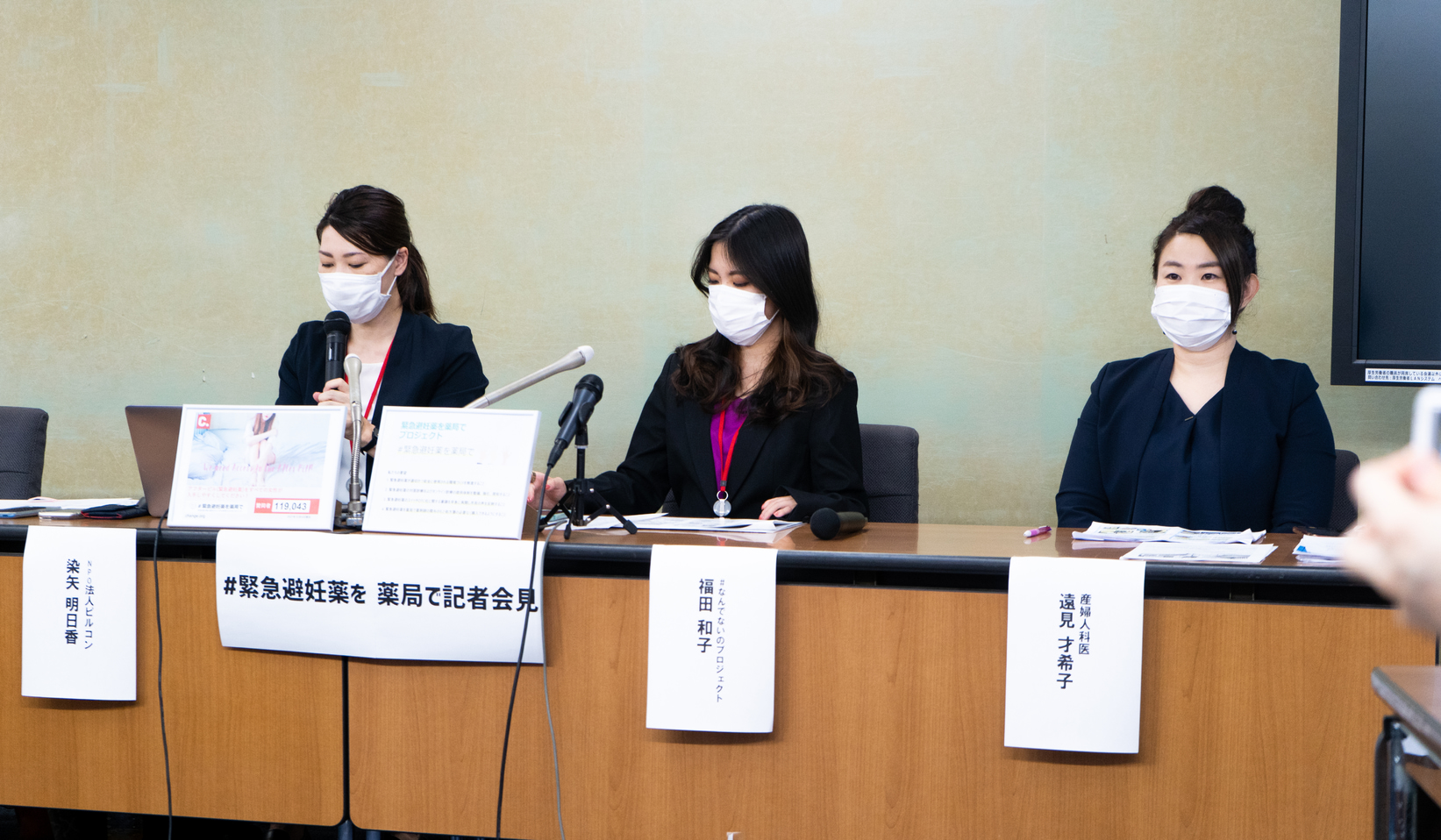
Co-chairs Asuka Someya, Kazuko Fukuda and Dr.Sakiko Enmi of the Citizen’s Project speak at a press conference at the Ministry of Health and Labor
Co-chair Kazuko Fukuda shared a heartfelt testimony about her experience studying sexual health abroad in Sweden for the last two years. She was woken up to just how far behind Japan is in providing necessary options for women.
“When I think about the women who are facing the difficulties while we are waiting for this, it really breaks my heart,” Fukuda says.
One week after the meeting at the Ministry of Health and Labor, Fukuda related via Skype the full scope of the event. Most obvious to her was the gap between the reality for patients in Japan and a distant politic that hasn’t completely grasped the problem yet. “Asuka asked the committee when they’d have a final decision, but they didn’t answer. So, we actually have no idea when that will be.”
A Change in Tone?
One of the major positive changes seen at the meeting was the tone and the use of language. “The head Chairman of the committee repeated the words ‘reproductive rights’ so many times,” says Fukuda. She emphasizes that for the last few years people have discouraged the group from saying “women’s rights.”
The activists were told they’d be more convincing if they chose a different way to express their needs. Yet they carried on speaking freely and this has had a monumental effect.
Fukuda reflects on what it was like to be in the room as the committee deliberated. “I remember how hard it was to just sit as an observer and hear all these words not based on fact. And words that are ignorant of women’s rights. It’s hard to listen from the outside, when you can’t say or do anything, other than handing over your signature,” Fukuda sighs.
What Else Stands in the Way of Access
The meeting revealed that the Japan Society for Obstetricians and Gynecologists (JSOG) submitted a survey that skewed the results of their research in their favor of not supporting over-the-counter access to emergency contraceptives. The results were highly criticized and eventually corrected at both the Citizen’s Project and the review committee’s request. Despite the blunder of JSOG, over-the-counter access was not granted immediate approval. This reveals the realities of an environment that is resistant to change despite the dire need to do so.
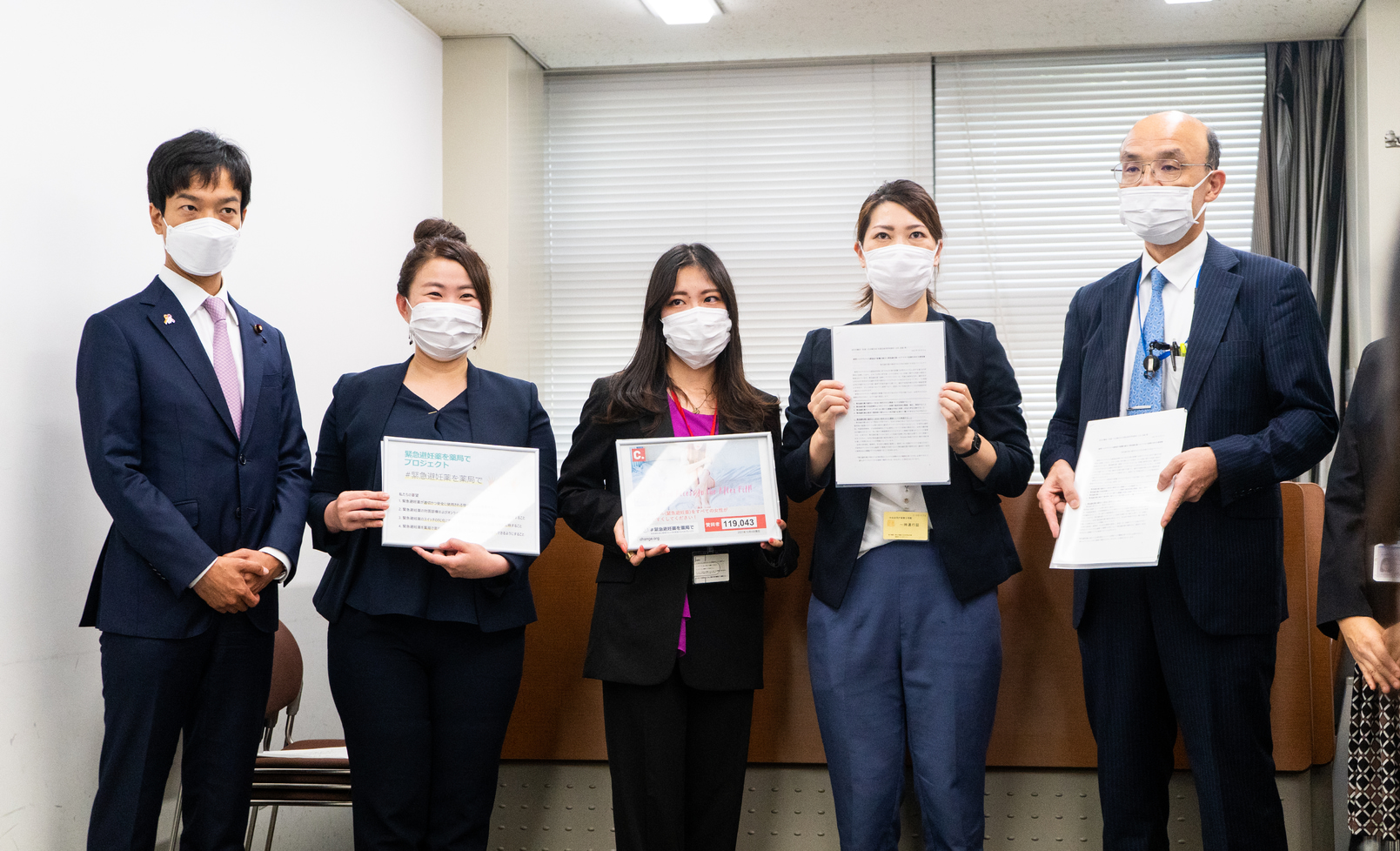
Fukuda and the Citizen’s Project underline the importance of awareness on this issue. And the need for support and involvement. Spreading the word internationally and domestically will be key in moving forward with ensuring that human rights are upheld in a government that still requires convincing. The fight has shifted, but it is not over.
“I really appreciate all the people who supported us and I felt privileged to be there,” says Fukuda.” The important thing is not to get too disappointed, but to keep fighting without giving up.”
You can follow the Citizen’s Project on Twitter to stay up to date with their activities.

